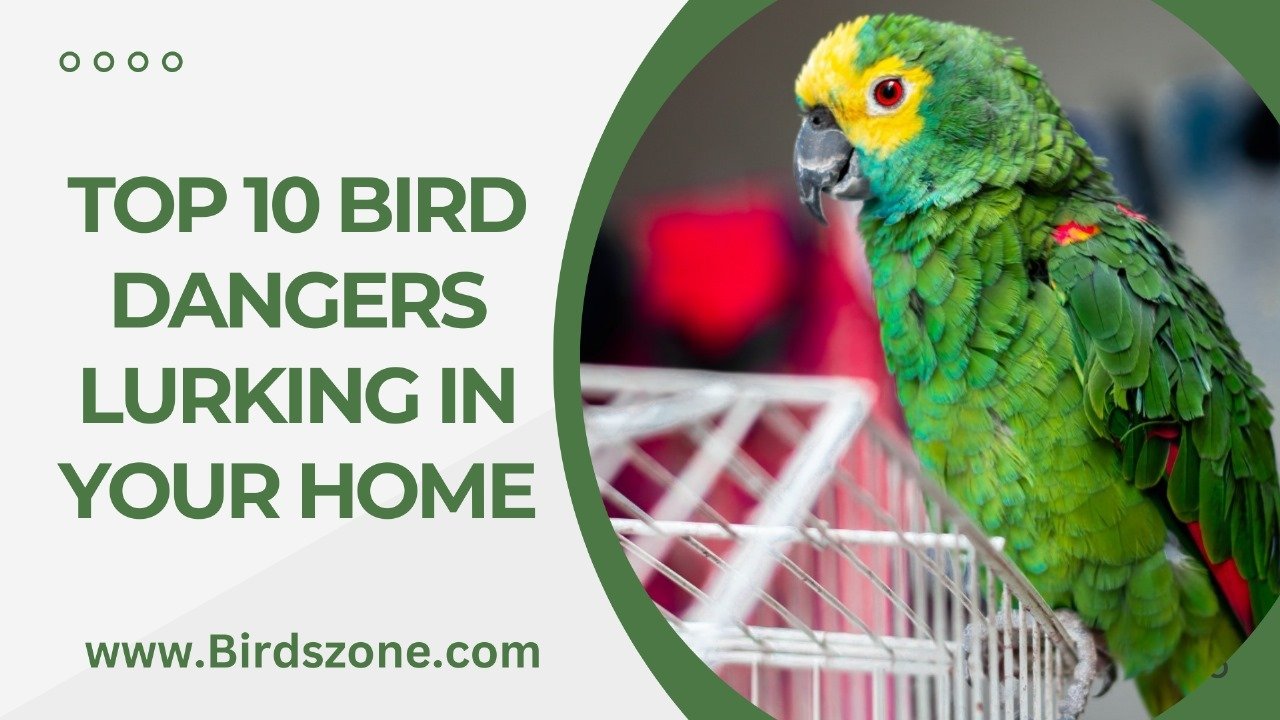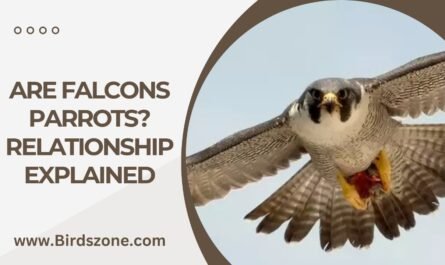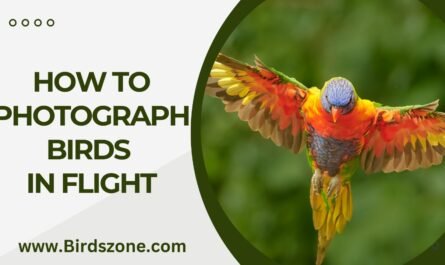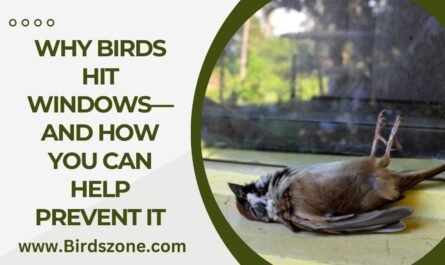Do you have a bird in your home? If so then you might not know that there are dangers lurking around your home which could cause harm to your favourite bird friend. Check out these 10 top threats to pets in your home:
The pot is on the stove
1. Fumes
The respiratory tracts of birds are less sensitive to airborne poisons. Teflon or other nonstick coatings that are used on pans. Pots or kitchen gadgets (such as ovens and stoves) ovens) could be the cause of death for pets birds. If the coatings are heated to extreme temperatures (particularly when they are burned). They release tiny vapors that birds breathe in, which causes fluid to build up inside the lungs of birds. Birds can die almost instantly. Other aerosols, like the cooking gasses, spray cleaners, and perfumes. May affect their respiratory tracts, and should not be used when around birds. Candles are also not recommended because they contain petroleum in their wax, or leads in their candle wicks. These poisonous substances can be released into the air or breathed by birds.
2. Flight Danger
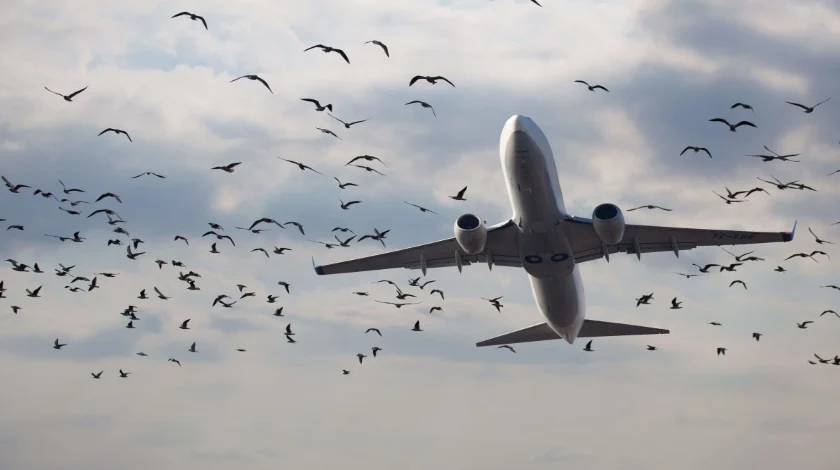
While birds are bred to fly, they’re not intended to fly through some of the dangers and obstacles within our home. Pet birds are able to fly through the windows and doors, or through mirrors and ceiling fans. If they fall over doors, without the owner’s knowledge, and doors are slammed shut and they are crushed. They could be killed. They may be swept into hot food and liquids (like tea, coffee or soup) and then into the flames of fireplaces, candles and even the open. May also fall on the flooring. Where they may get stepped upon accidentally or inside open toilet bowls, which could cause them to drown. The birds that are being fed should be watched when they get out from their enclosures.
3. Secondhand Smoke
Birds are extremely sensitive smoke from cigars and cigarettes. They are susceptible to getting sick not just if they inhale it however. They can also get sick when they sit on their hands or wear clothing that’s covered in nicotine or rub the substance off feathers. Nicotine can be found on the feet of birds, causing irritation. Birds that have cigarettes on their feet could chew their feet until they’re bloody and raw. Smokers who smoke away from their pets have smoke flecks on their hands and clothing which can transfer to their pets. Due to these exposures to smoke generally the birds should be in smoke-free environments.
4. Chewing
Parrots, thanks to their strong, sharp beaks, have the instinct to chew and explore using their mouths. Parrots in the wild use their huge pointed beaks to break and crush food, and also to create nests. Within our homes, however their inherent curiosity could lead to trouble. Birds chew electrical cables, baseboards painted, window sills (which could contain lead paint as well as other toxic substances) as well as soldered or stained glass objects galvanized wire, batteries and other items that are contaminated with metals, such as copper, lead and zinc. When pets are outside their cages, they should be monitored constantly and any potentially hazardous objects must be kept out of reach.
5. Toxic Foods
Alcohol, caffeine, and chocolate are toxic to birds and should not be served to them. Other food items that can be harmful include avocado, garlic onions, and extremely salty snacks. Avocado is rich in a chemical which can cause fluid to build up within the bird’s heart and lungs. Likewise, onions and garlic can cause a fatal anemia. Consuming large quantities of salty foods, like pretzels and chips, could disrupt a bird’s fluid balance and may cause heart problems. They should not be served to birds that are pet.
6. Human Medications
The consumption of prescription and non-prescription medications to treat humans constitutes the most common reason for pet poisonings alike to the American Society for the Prevention of Cruelty to Animals. This issue is just as important for birds than it is for dogs, cats and other animals. Birds are attracted to small, round objects, such as pills, into their mouths, and swallow the whole. A lot of these medicines can cause negative effects on birds when consumed in dosages that are designed for human consumption as well as their rapid metabolism means that they have little time to treat these medications. The owners of the bird must take special precautions not to store any medication so that a curious bird can be able to access it.
7. Other Pets
Dogs and cats are naturally predators, and birds in general are prey. Cats and dogs instinctively want to chase and capture the bird that is flying or moving and frequently they chase after birds using their mouths and claws. Nails and teeth can easily cut a bird’s skin and the force generated by jaws grabbing birds is usually suitable to cause injury or even death the bird. In addition the bacteria and bacteria that reside in a cat’s or dog’s mouth can be harmful to birds, and when infected through a wound can cause grave and sometimes fatal infections. Even a kind cat or dog who just is looking to take birds and have fun with them may result in serious injury. Therefore, pets or cats, as well as birds, should not let play without supervision and should not be entrusted with each other however gentle they may appear.
8. Plants
A lot of people do not realize that they bring plants in their homes that can be harmful for birds. Even though dogs and cats usually aren’t averse to leaving the plants to their own devices, birds prefer the chewing of plant materials and can be in trouble if they choose to “taste” a household plant. Birds are known to eat plants in nature therefore why is it different in a household? Certain plants are just annoying to birds when they are eaten however, others could cause fatal intoxication. Before taking a plant into your home, be sure it’s not toxic to pets.
9. Pest Control
Rodent traps and sticky paper and fly strips that are designed to trap rodents and other insects can be dangerous for birds. Birds could get trapped in them or, should they consume poisonous baits in these traps, they may end up dying. If they do get stuck in the trap’s adhesive and then fall into the trap, it’s often impossible to get them out without damaging their delicate skin or pulling out feathers. Birds should be kept away from baited and sticky traps for pests and be taken to a vet immediately if they become entangled in one.
10. Human Germs
Birds feed each other by chewing food, then redistributing it into family members. This is a method that is safe for birds to birds since avian family members have the same types of bacterial species in their mouths as well as crops (the pouches that are dilated inside their throats in which they store food before they begin to digest the food). Humans however have various yeasts, bacteria and other microorganisms in their mouths that are different from the mouths of birds. Actually, a lot of the bacteria found in human mouths could cause dangerous, life-threatening infections in birds. So, pet owners should not ever share food that they have in their mouths to their pets and be wary of with the utensils they have placed in their mouths to cut food items for their birds.
Birds make great pets when they are under the right circumstances. A variety of species live for hundreds of years and are passed through generations within families. If you love your pet and wish to keep him happy and healthy be sure to secure your home to can ensure his safety!
Q&A
What are the dangers for parrots?
Beans are a good source of protein. A lot of beans in raw form can be toxic to parrots and it’s perfect to avoid at all costs. Bread, unless it’s low-salt organic wholemeal. Cereals made specifically for humans (cornflakes, etc. – they are packed with minerals and vitamins as well as sugar) Dairy products like cheese and milk (they could upset the stomach)
Are ceiling fans dangerous for birds?
The birds of the air have suffered serious injuries or killed in collisions on the blades ceiling fans. It is particularly important to be cautious when your bird is flying free or is able procure sufficient lift-off to get to the ceiling fan’s level.
How do you treat a bird that has been poisoned?
- Eliminate the poison to stop the re-ingestion.
- For contact with the eye For eye contact, flush the eye using lukewarm water. To treat skin contact it is excellent to wash the skin with water. To avoid intoxication by fumes, air the area immediately, open the windows, or use an air conditioner or better take the bird out of the area completely.
- Contact your veterinarian.
